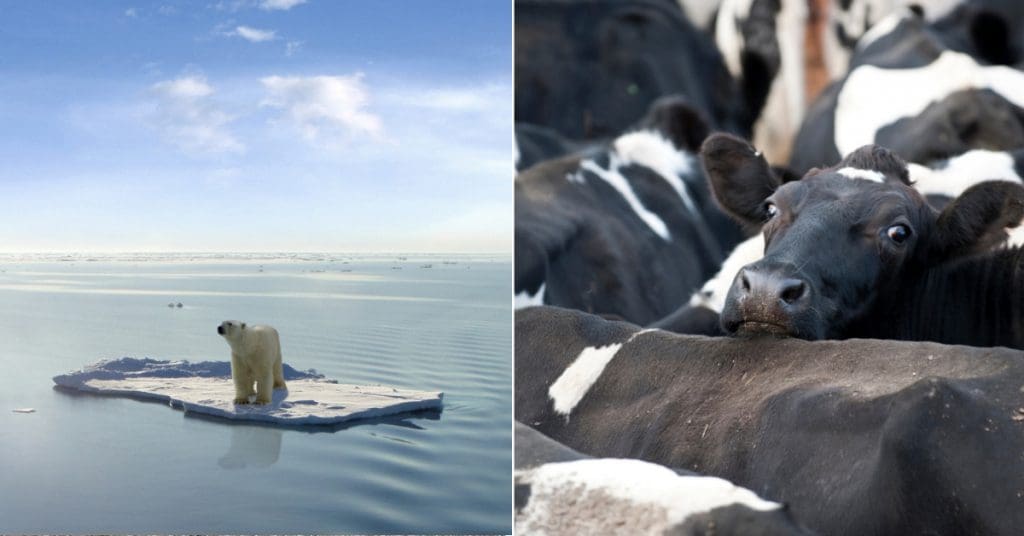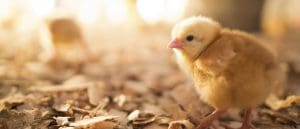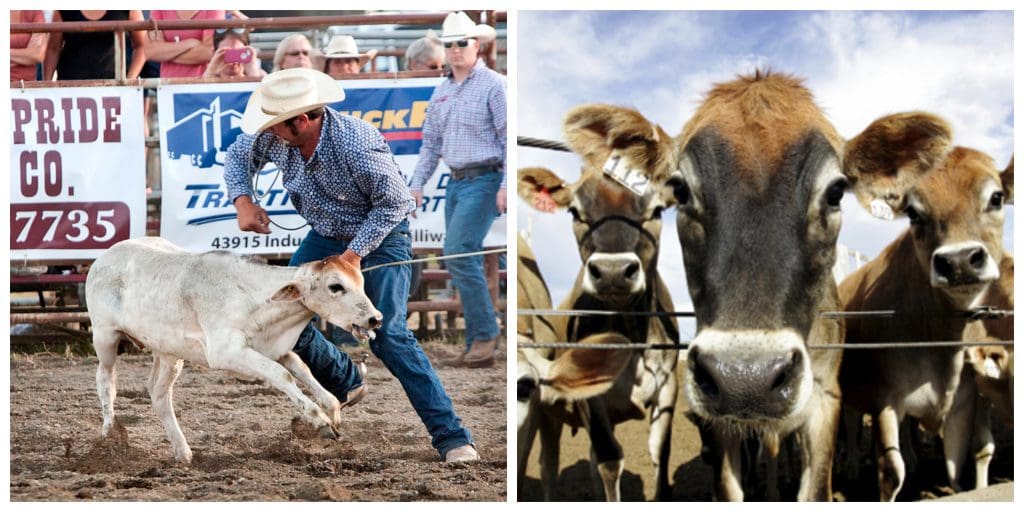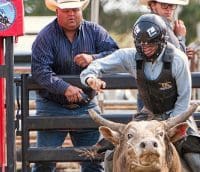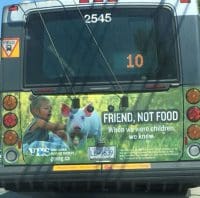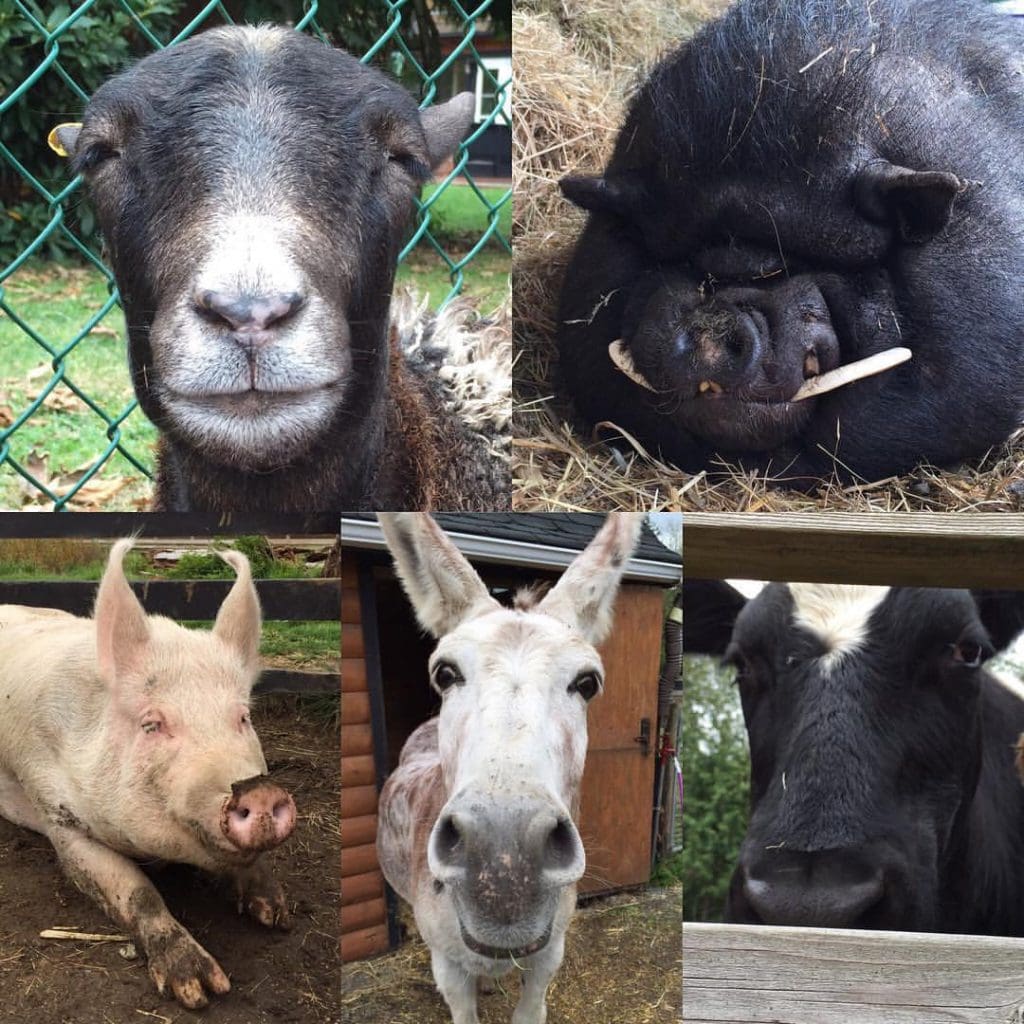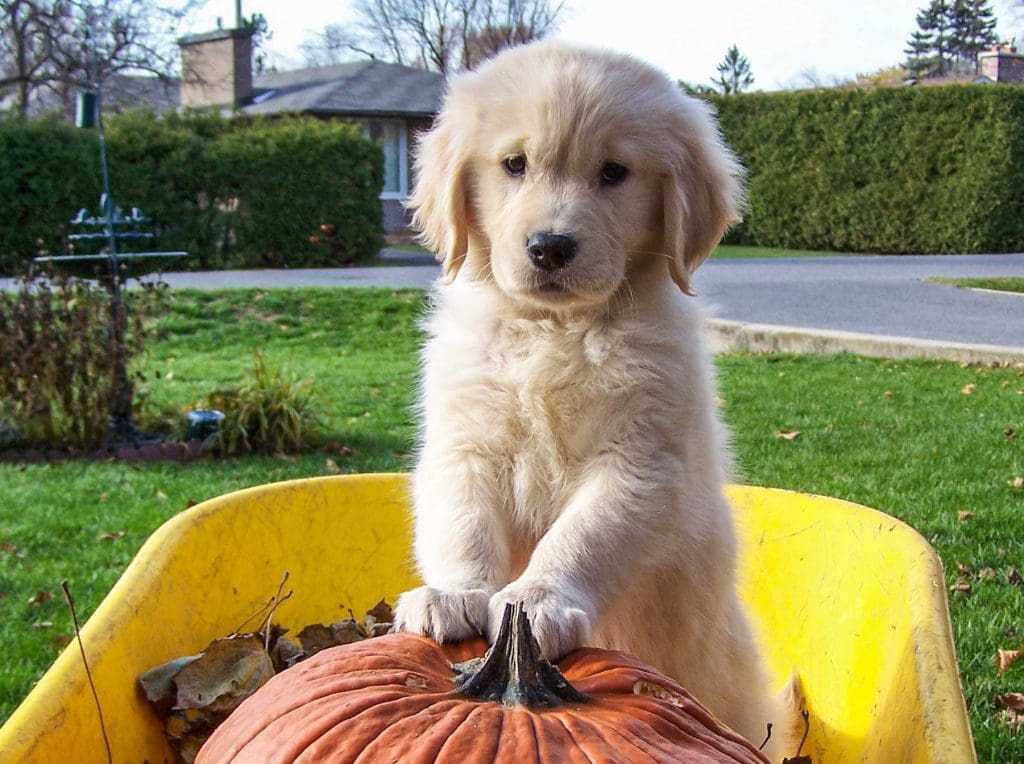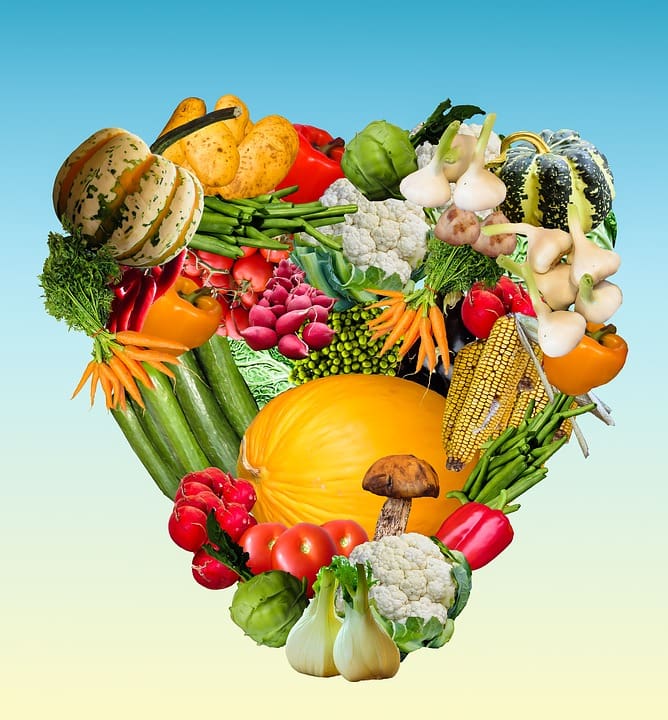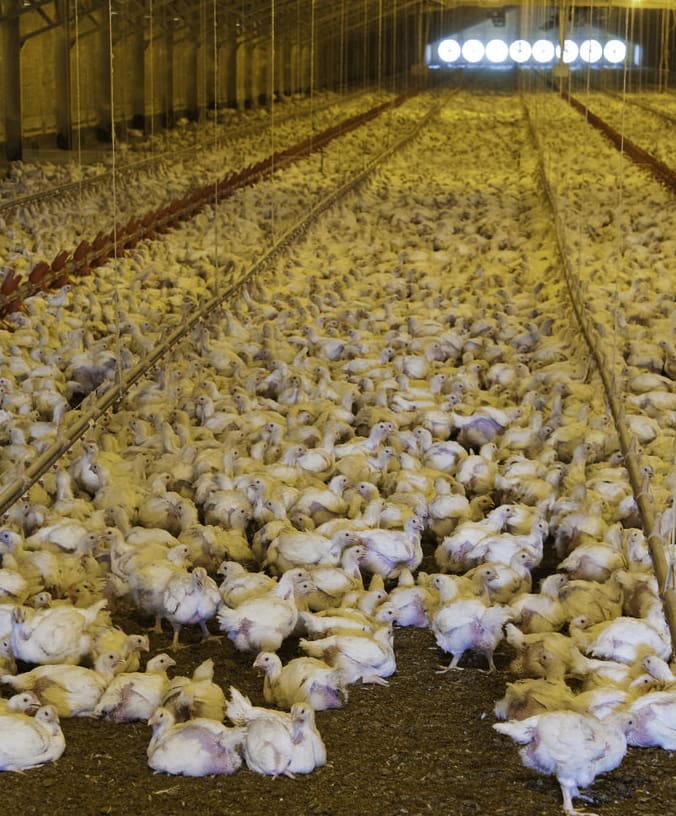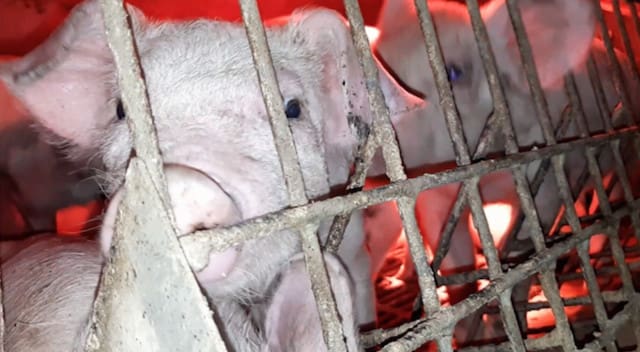
Yesterday’s release of an undercover video showing sick and dying pigs living in filthy conditions at the Excelsior Hog Farm in Abbotsford is just the latest example of why the animal agriculture industry cannot be trusted to raise animals humanely.
Pigs at the farm, which is owned by a director of the BC Pork Producers Association, are shown in the video unable to stand, some with large untreated growths on their bodies. Dead piglets and an adult dead pig can also be seen.
In 2014, animal activists released video that exposed horrific cruelty inflicted on cows at Chilliwack Cattle Sales, Canada’s largest dairy farm. At the time, Jeff Kooyman, one of the owners of the farm, said he was “shocked” and claimed he had no idea his staff were allegedly abusing the cows. In 2016, Kooyman and five members of his family were charged with causing or permitting animals to be, or to continue to be, in distress – a violation of B.C.’s Prevention of Cruelty to Animals Act. Several company employees were also charged under the act and later jailed. The company was fined $300,000.
In June 2017, video footage released by animal activists showed chickens at a Chilliwack poultry operation being mangled, stomped on, thrown against a wall, and smashed into transport crates. The BC SPCA, which described the abuse as “absolutely sickening,” recommended charges, but nearly two years later Crown Counsel has still not prosecuted anyone. (In December 2018, the Canadian Food Inspection Agency (CFIA) laid charges under federal Health of Animals Regulation against Sofina Foods, Elite Farm Services and Elite’s president, Dwayne Dueck, for allegedly beating chickens and loading them in a way “likely to cause injury or undue suffering.”)
In 2018, the BC SPCA announced it was again investigating Elite Farm Services and a chicken farm called Jaedel Enterprises in what it said was “another situation where chickens have allegedly suffered as a result of what appears to be a blatant disregard to adherence of the industry’s own agreed-upon standards of care and a failure to either comply with or put in place processes to ensure this type of suffering does not occur.”
The poultry, dairy and pork industries responsible for the care of these animals routinely deny that these horrific cases of abuse are “the norm.” It’s always just a few “bad apples” they say, while expecting the public to believe that all the other animals on Canadian farms are living happy lives in wonderful conditions.
But these undercover animal cruelty cases, and the many others that have exposed similar abuse across Canada, the United States and elsewhere, should make clear that modern industrial agriculture can never provide humane conditions for animals.
Many Canadians do not realize that animal farmers in Canada largely police themselves. There are Codes of Practice to protect animal welfare on Canadian farms but there are no government inspections to enforce the codes in terms of conditions on farms. Government oversight only extends to animal transportation and slaughter practices, not the living conditions or overall well-being of animals farmed for food.
Vancouver Humane believes that it is impossible to give animals a good life on modern, industrialized farms. The system is designed to provide cheap meat, dairy and eggs, not to ensure good animal welfare.
Animals are sentient beings that deserve to be treated with respect and kindness. That’s not going to happen on factory farms, where more than 90 per cent of Canada’s farm animals are raised.
That’s why we encourage people to switch to a plant-based diet and refrain from consuming animal-based products. That’s why we support the rise of plant-based businesses and call on governments at all levels to do the same.
Modern animal agriculture will never be good for animals and it has been shown to be bad for the environment and for our health. It’s time to build a food system that is healthy, sustainable and compassionate.

